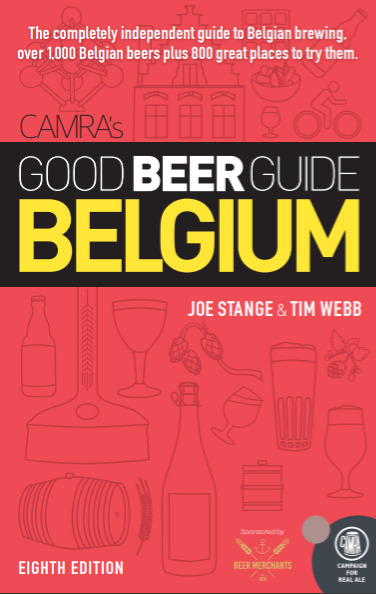Ryan is a friend I made in Brussels. He's one of those diplomatic types. At the moment he is taking up homebrewing in Ghana, which will be worth a whole post of its own one of these days.
He sent his take on terroir and beer, and I shared it in the comments of the last post.
Interesting that so far the most skeptical comments on terroir in relation to beer have come from beer people. Then along comes a wine guy (who is now a beer guy too, I guess) who says, "Hey, that fits." I'll share his take again in a moment.
To back up just a bit: Don Feinberg proposed something called "monoculture" brewing. I'm not sold on that term for a whole bunch of reasons I'll save for another day (soon), but for now here is the basic idea:
There may be other ways to create a discernible character that sets a beer apart and above others but to me the surest way is the house character that comes only from the combination of water, climate, brewery configuration and one yeast strain. This character, without exception, limits the styles the brewery can produce. But, when used successfully, it also means brewery X can produce one style of beer better than other breweries.I emphasized the word that I want to emphasize: limits. I think that might be what resonated with Ryan the Diplomatic Wine-Turned-Beer Guy too. Here's his take again:
It is absolutely more than dirt and rocks and weather, although those are the influencing factors. Terroir is about the confluence of circumstances that, if a producer is interested in making the absolute highest quality product possible, force decisions which limit your options.
But if brewers have unlimited choices thanks to a global marketplace of ideas and ingredients, then they also have this choice: They can subject themselves to some local limitations. It's a bold choice, and it's unnecessary, but I think that's the interesting possibility that Don is proposing. (And of course it's something that more and more brewers are doing all the time, to varying degrees, with the emphasis on local this or that.)
On the quest toward making the best product possible, a brewer can subject herself to the local limitations, forcing a whole bunch of decisions that lead toward a distinctive product.
Now, if you want to get really philosophical, that is inevitably what happens to us as mortal human beings. We are not born into this world as blank slates, capable of being whatever we want to be. From the outset we get parameters from our DNA, our families, the cultures and institutions that bring us up. Within those parameters we make choices, sometimes just for survival, but ideally toward being the best person we can be.
One could argue that those limitations make things a hell of a lot more interesting.






It's a very good point. On the other hand, brewing exclusively (or at least, almost exclusively) sourcing locally is what most German and Czech brewers (here, at least, of all sizes) are still doing, and, you'll know it better than me, I think that could also apply the Belgian brewers, and perhaps even to the British, too. Of course, in all these countries, in the last few years, there have popped up some "subversive" brewers, and I think it is great! The ones that stick to "tradition" have nothing to fear, really, because they brew what most people like to drink, but those new players bring more colour to the landscape, which is never a bad thing and, in my opinion, goes more in tune with the true nature of beer.
ReplyDeleteA different thing, however, is in countries where brewing traditions aren't so deeply rooted and the micro-brewing phenomenon is still something rather new. But, who knows, perhaps these people will eventually create their own traditions.
My homebrewing equipment arrives at my house in Accra at the end of this week, and this terroir discussion is making me think about what my own terroir might be.
ReplyDeleteWater could be one element. I had been thinking that I would use bottled water for my brewing activities because I wasn't certain about the source of the water which comes out of my tap. Water that I don't drink, until it passes through a distillation purifier. But the week before last I decided to figure out where my house's water comes from -- and it turns out that it is most often trucked to my compound from the U.S. Embassy's on-site well. So I'm thinking that I'll change my plan and use the water from the tap. I can't think of a more fitting terroir for an American diplomat: Water from American soil (or at least from the U.S. Embassy).